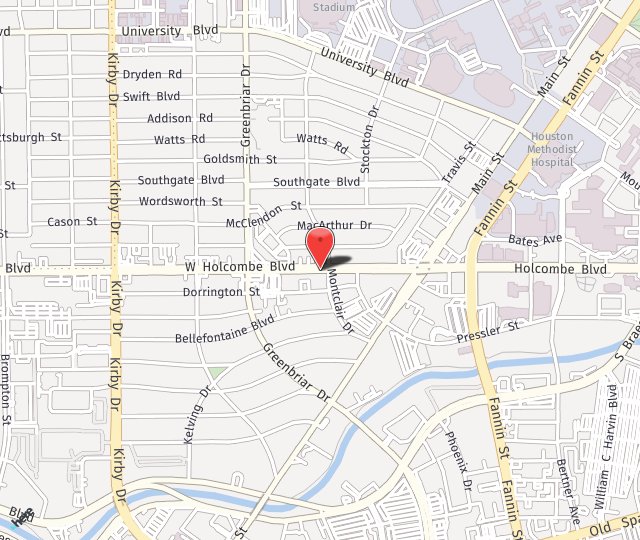Such a broad question, however, we can generalize to answer this. Barring accidents, trauma, and skeletal abnormalities, the answer lies in the position and movement of the teeth. TMJ can start at childhood when the permanent teeth begin to erupt. It is at this point that the TMJs need to be evaluated so any problems can be corrected. The true challenge is that TMJ symptoms such as clicking and popping, or pain in the TMJ is not usually present. So what often happens is braces then TMJ problems later in life when symptoms develop then braces again to correct.
To understand how the jaws got out of alignment to begin with, think in terms of the teeth as being dominant and the jaw joints and muscles as being accomodative to where the teeth fit together. When there is harmony among the three no problems occur. However, if the teeth meet together in a position that forces strain on the joints and muscles problems occur from the repeatedly abnormal pressures on the joints and muscles from chewing and swallowing (your teeth come together). Most often, the bite causes compression of the joints backwards that damages the nerves and blood vessels in this area which can then cause other sources of pain such as ear pain. Finally, with enough damage the disc can be affected and clicking and popping can occur. Later in life this continues to worsen and even leads to sleep apnea in some patients as well as postural problems.
In overview, TMJ disorders can affect young patients primarily by trapping the lower jaw, which if not corrected leads to adulthood problems. We see patients every day with these issues, fortunately, we have treatment to help them with this debilitating problem.
If you have questions regarding Houston TMJ, TMJ Houston, or Houston Cosmetic Dentistry please feel free to contact our office, Ronald W. Konig DDS, FAGD, LVIF 713-668-2289


